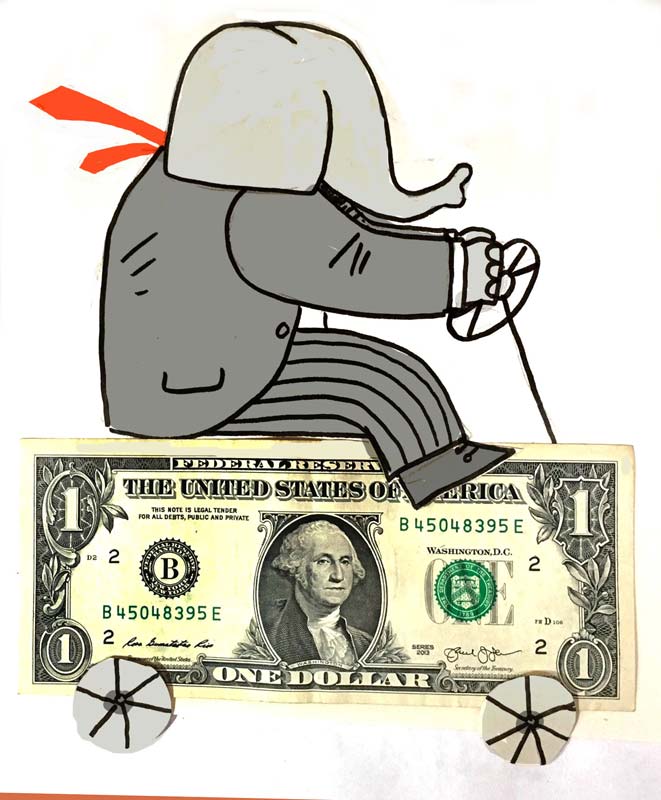
Just a few years ago, congressional Republicans were full of warnings about the dangers of monetary laxity. Interest rates were too low, they said, encouraging asset-price bubbles and threatening runaway inflation. Quantitative easing was a dangerous experiment, they said.
That hard-money GOP was absent from Powell's hearings. Republicans didn't scold him for the Fed's decision to pause interest-rate increases. They didn't foresee ruinous inflation just around the corner. Instead, they mainly focused their questions on bank regulation.
The hearing was only the latest evidence that Republican thinking on monetary policy is changing. President Donald Trump has been fulminating against interest-rate increases. The editors of the Wall Street Journal, while urging Trump to cool it, have also recommended that Powell hold off. During the two previous administrations, they had mostly argued for tighter money.
The direction of the shift is a little odd. Monetary policy is supposed to make the business cycle less severe by growing more expansive when the economy is weak and more restrictive when it is strong. But Republicans were calling for tighter policy when unemployment was high and inflation low, and now want looser policy when unemployment is low and inflation has been rising.
Partisanship is likely influencing some of this rethinking: Higher interest rates have the potential to weaken the economy as Trump heads into the 2020 election. The failure of earlier predictions of doom from loose money may also have contributed to the change.
The general disruption of Republican orthodoxies under Trump may have played a role, too: With Republicans reconsidering their old views on trade and debt, why not reconsider the Federal Reserve, too?
Whatever the reasons for it, the movement away from a reflexive call for tighter money is a welcome development. An excessively tight monetary policy did a lot to bring about the economic crisis of 2008 and to dampen the recovery from it - and this economic performance, in turn, has done a lot to discredit capitalism for many people.
It is not at all clear that the Fed has drawn the right lessons from the last decade. Worse, it is not clear that it would do better during the next recession, when it could find itself with little room to cut interest rates.
To its credit, though, the Fed is holding a conference this summer to discuss potential changes in the way it conducts monetary policy. One promising idea is to shift from targeting the inflation rate to targeting the level of spending throughout the economy. Another is to commit to averaging out departures from any target, so that if inflation (or spending) drops below target in one year, the Fed will seek to go above the target the next.
Such policies could extend the Fed's success at preventing any recurrence of the high and variable inflation the U.S. experienced from the late 1960s through the early 1980s. At the same time, they could also reduce the risk of falling into a prolonged slump.
A credible commitment to correct for excessive tightness in one year with added expansion in the next would have a stabilizing effect. It would also make the long-term path of monetary policy more predictable.
At the moment, Republicans seem to be breaking free from old habits on monetary policy but not to have settled on a new approach. They have historically tended to like the idea of constraining central-bank discretion by urging the adoption of rules to guide monetary policy. And they seem newly aware of the risks of overly tight policy while, presumably, retaining their opposition to high inflation.
Perhaps, then, Republicans should look into these ideas for changing what the Fed targets. It could yield a rules-based monetary policy that better avoids the risks of too much tightness or too much looseness. The next time Powell testifies, maybe Republicans could ask him about it.
Every weekday JewishWorldReview.com publishes what many in the media and Washington consider "must-reading". Sign up for the daily JWR update. It's free. Just click here.
(COMMENT, BELOW)
Ramesh Ponnuru has covered national politics and public policy for 18 years. He is an author and Bloomberg View columnist.


 Contact The Editor
Contact The Editor
 Articles By This Author
Articles By This Author